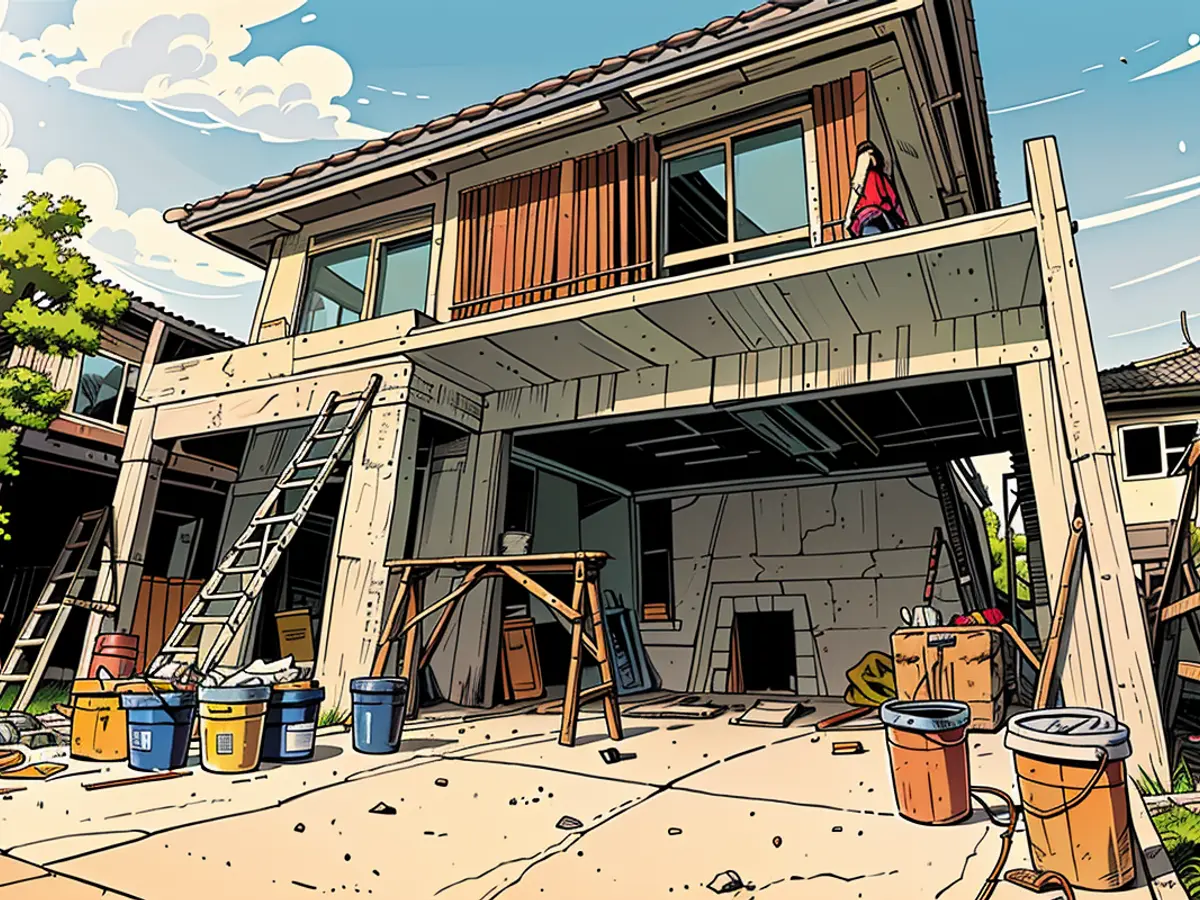Settling down in Germany with a 'Niederlassungserlaubnis,' or permanent residency, boasts its own set of advantages, despite the challenges that come with it. Permanent residency is a significant leap from temporary permits like the EU Blue Card, with no renewals required. The only caveat is the need to swap your permanent residency ID every few years.
The primary appeal of permanent residency lies in its never-ending validity. Being freed from routine renewals means saving precious time and money and providing a sense of security about your future in Germany. Moreover, the permanent status affords a degree of freedom, permitting individuals to work independently and explore job opportunities without restrictions.
Getting your hands on permanent residency isn't an easy feat. You've got to meet some prerequisites, such as having a continuous, legal presence in Germany for a specific timeframe. This period varies depending on the circumstances – five years, give or take, is the general requirement. However, certain groups, such as skilled immigrants or EU Blue Card holders, may qualify with less time.
Furthermore, your background check should come out clean to apply for a residence permit. Serious crimes may disqualify you, but minor offenses are sometimes overlooked.
Now, let's dive into the real estate market. Permanent residents hold the key to the ever-evolving German property scene, coping with challenges such as a housing shortage and affordability issues. Consequently, rental prices soar, particularly in popular city locations.
Although residential property prices have started to tiptoe back to recovery, they remain fragile. Quarter 4 of 2024 saw apartment prices stagnate, while single-family homes and multi-family houses experienced minimal growth. Nevertheless, the vdp Property Price Index reported a downturn in commercial residential real estate, falling approximately 8% between mid-2022 and Q3 of 2024[1].
The market bustles with activity, with a 26% increase in apartment transactions and others[2]. The German housing regulation landscape is often criticized as too restrictive, contributing to hindered growth. Recommendations include streamlined planning and approval processes, reduced bureaucracy, and digital tools to speed up construction timelines.
Political parties are taking notice of the housing crisis, advocating for a mix of reforms. They propose deregulation, tax reduction, and funding programs, with varying stances on rent control measures. As financial conditions improve, investments in residential construction are projected to bounce back by mid-2025 under favorable trends.
Securing permanent residency in Germany opens the door to a plethora of opportunities, going beyond the real estate market. Individuals can now expand their professional horizons, unencumbered by limitations, ensuring a prosperous future in Deutschland.
Sources
- Market.org.de (2025). German Housing Market: Overview
- Real Estate Market Germany: Changes and Opportunities (Bürer, 20XX)
- Housing Policy and Measures in Germany (Redeker, 20XX)







